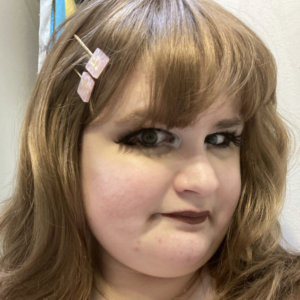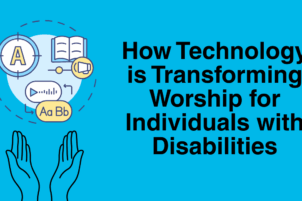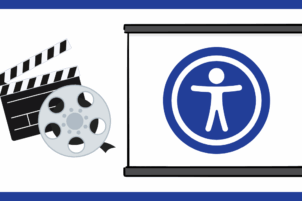The first time I fainted in synagogue, no one was caught more by surprise than me.
It was 2017 and I was freshly discharged from treatment for anorexia and bulimia. I was already deep in relapse, and even deeper in denial. I’m not the type of person who likes to draw attention to myself, and the caring concern of the rabbi who offered me water and candy to get my blood sugar up felt like too much. I would rather not be perceived, thank you. Needless to say, I felt embarrassed as I stumbled between benches at an outdoor summer Kabbalat Shabbat service, the grass tilting towards me and my vision darkening.
Not long after, I found myself at a residential treatment center across the country, starting a new life, at a new shul. “No one at IKAR needs to know about my illness,” I thought. I would hide in the back and stay shy. But my new shul wasn’t having any of it.
Slowly but surely, IKAR became a staple in my life. I attended Saturday morning services for over a year and a half—offering connection, care in the toughest moments of my life, and plenty of fiery calls to justice.
I had almost put the fainting incident behind me. Almost.
However, my body had other ideas. In 2019, though I was well on my way with my recovery journey, I began to show bizarre symptoms that seemed unrelated to my history of anorexia. My severe tachycardia, orthostatic intolerance, and fatigue often left me bedbound. When I could leave my bed, I would feel like I did right before I fainted at shul; dizzy, prone to blacking out, and weak at the knees. After an appointment with a cardiologist and neurologist, I was diagnosed with Postural Orthostatic Tachycardia Syndrome (POTS), a dysfunction of the body’s autonomic nervous system that can lead to chronic low blood pressure, chronic fatigue, and fainting.
As someone who enjoyed going to synagogue regularly and participating in services, this made me anxious. How was I supposed to handle certain elements of Shabbat mornings, such as standing for the Amidah, or being called up for an Aliyah, with my condition?
Many synagogues are physically inaccessible. However, IKAR always made a lot of effort to ensure that those with mobility aids could access the bimah, for instance. But would it be appropriate for me to sit during prayer while everyone was standing? Would I be singled out or made to feel awkward? My social anxiety skyrocketed.
Then, music to my ears:
“Please rise if you are able for the Amidah.”
As I looked around me, I noticed that I wasn’t the only one sitting down during the prayer. The language of the rabbis was framed in an affirming and non-stigmatizing way. I closed my eyes, focused on the sacred moment between me, G-d, my community, and the embarrassment of so many years fading away.
I knew, in that moment, that were I to faint in shul again, my Jewish community was ready to catch me.








